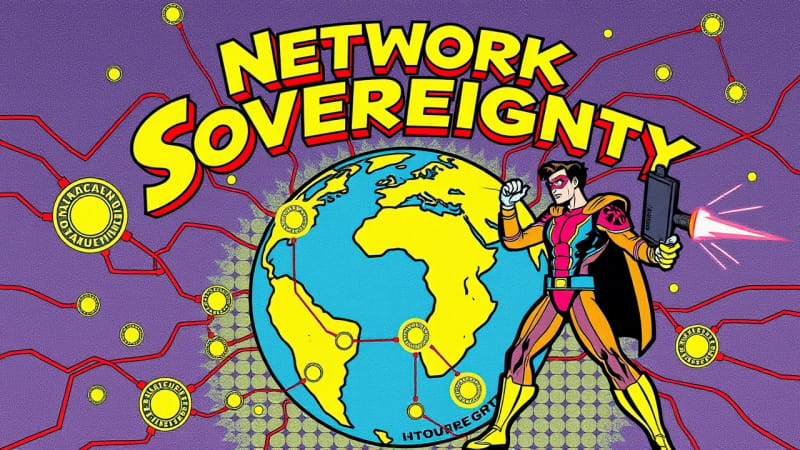- High-Stakes Human Skills
- Posts
- Network Sovereignty
Network Sovereignty
Building Relationships That Serve Your Mission

You don't need more connections, you need alignment.
Your network should serve your long-term vision, not your short-term insecurities. Most people collect contacts like trophies, not tools. But sovereign relationships compound; transactional ones corrode. It's time to design your network like your product: with strategy, leverage, and mission.
The uncomfortable truth about professional networking is that 80% of your connections provide 20% of your value, while consuming 80% of your relational energy. Most entrepreneurs and empire builders are drowning in shallow connections that siphon focus and sabotage momentum. They attend events, accumulate LinkedIn contacts, and maintain relationships out of guilt or habit, not strategic value.
The elite understand something different: network sovereignty isn't about having more relationships, it's about having the right relationships that multiply your influence while preserving your energy.
The Network Sovereignty Playbook: From Reactive to Intentional
Network sovereignty means owning your time, energy, and influence within relationships. It's not isolation, it's strategic alignment combined with mutual elevation. While most professionals build their networks reactively, responding to whoever shows up, sovereign operators design their networks intentionally around their core mission.
The sovereignty playbook operates on three levels:
Audit: Assess your current network's strategic value and energy exchange Design: Architect relationships that serve your 10-year vision Leverage: Create compound effects that scale influence without scaling effort
Most networking advice focuses on acquisition, how to meet more people. Sovereign networking focuses on optimization, how to build relationships that generate exponential returns. The difference separates empire builders from contact collectors.
The Strategic Relationship Audit: Mapping Your Network's True Value
You can't optimize what you haven't assessed. The first step toward network sovereignty is conducting a strategic relationship audit that reveals where your relational energy is actually going versus where it should go.
Reply